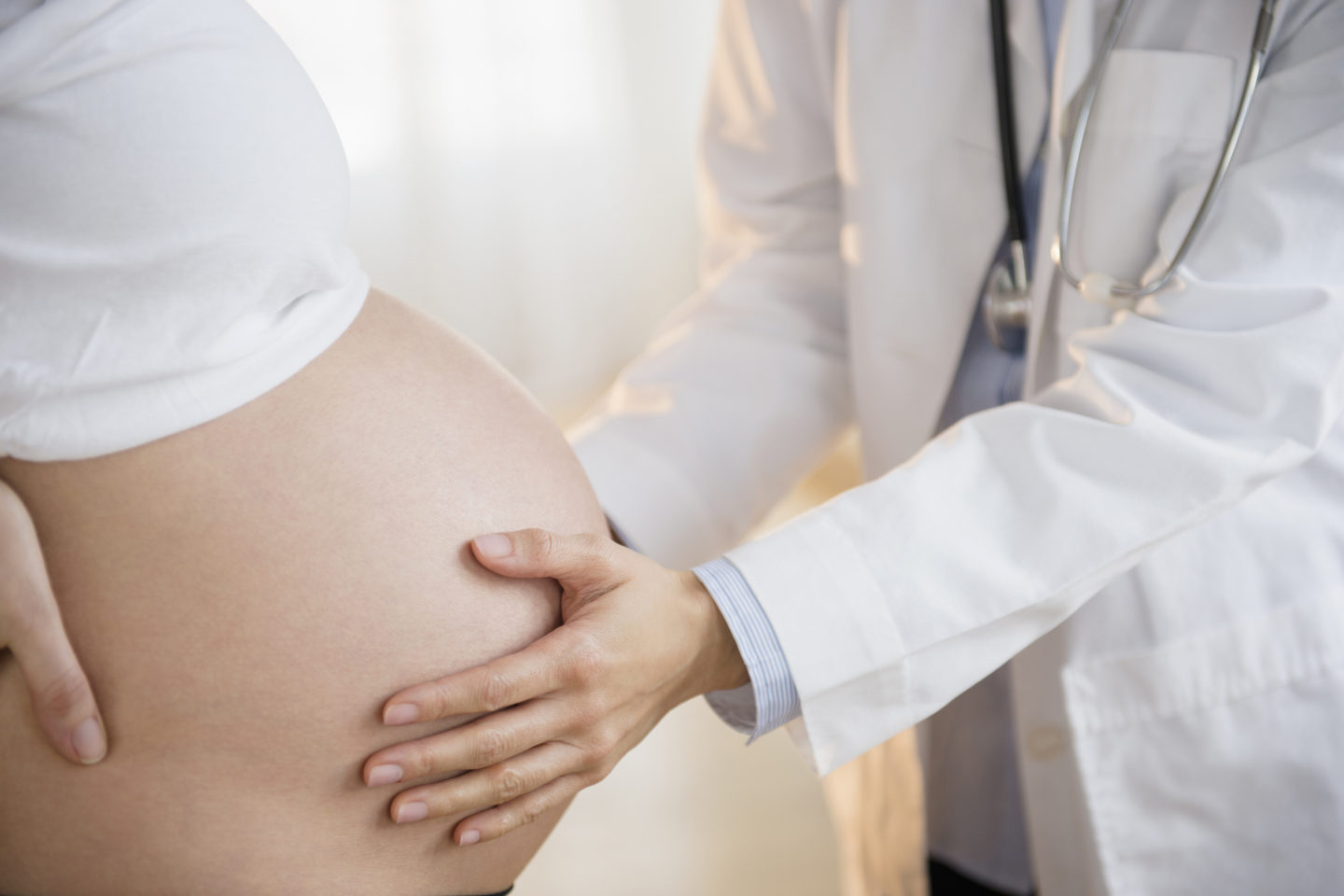In Trump’s America, both access to healthcare and abortion rights are under attack.
That makes abortion providers particularly under siege. As a result, more and more crisis pregnancy centers have been popping up in close proximity to abortion providers all over the country, according to Elite Daily.
Fortunately, there are reproductive justice advocates researching the effectiveness of CPCs. Assistant Professor of Epidemiology & Biostatistics at the University of Georgia, Dr. Andrea Swartzendruber, is one of those people; she researches how these centers advertise their services and their health information online. Helloflo spoke to her in order to better understand the nature of CPCs.
Let’s back up for a moment: What are CPCs in the first place? Also known as “pregnancy resource centers” and “pregnancy centers,” – CPCs advertise basic services, like free pregnancy tests and emotional support, for those who are pregnant. However, Bitch Media reports religiously-affiliated centers often provide misinformation to patients — used to persuade people not to get abortions, which can be masked as counseling services — and sometimes even misrepresent themselves as licensed medical providers. Because the staff aren’t licensed doctors, they aren’t required to adhere to the same standards as a licensed doctor.
“[CPCs] do not provide core services recommended by national medical guidelines or typical services provided by traditional reproductive health clinics, such as: unbiased pregnancy options counseling, provision of one or more contraceptive methods, and condoms for STI prevention,” Dr. Swartzendruber explains. “Although crisis pregnancy centers have existed for decades, they are increasingly being ‘converted to medical clinics’ and offering limited ultrasound and sexually transmitted infection (STI) testing services.”
There are over 4,000 CPCs in the United States, according to the National Abortion and Reproductive Rights Action League. Additionally, centers in at least 12 states receive state funding, despite not being recognized as legitimate medical clinics.
Only a few states have enacted consumer protection laws calling out CPCs as illegitimate institutions. Slate says two years ago, the California State Assembly passed legislation requiring CPCs to inform patients the state “provides free or low-cost access to comprehensive family planning services, prenatal care, and abortion, for eligible women.” Additionally, according to Rewire, Hawaii is even suing anti-choice clinics.
“The extent to which clients appreciate the difference between crisis pregnancy centers and traditional reproductive health facilities is unclear,” Dr. Swartzendruber mentions. “The extent to which crisis pregnancy centers pose harm individual, family, and population health is unknown but a concern.”
Plus, Rewire explains CPCs do a poor job at preventing abortions. In fact, less than 4 percent of patients actually forgo abortion care.
“Women and men facing and at risk for unintended pregnancy require comprehensive, quality health services and unbiased, scientifically-accurate information,” adds Dr. Swartzendruber. “Our research is consistent with other studies showing a high degree of false and misleading health information on crisis pregnancy center websites. We need to better understand the public health impact of crisis pregnancy center services.”




comments